detail profile waldemar wohlstr c3 b6m
Peran Yang Di Mainkan Waldemar Wohlström
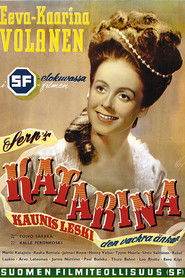 1790 Turku After Katarina Thorwst becomes a...
1790 Turku After Katarina Thorwst becomes a...Katarina kaunis leski 1950
1790 Turku. After Katarina Thorwöst becomes a widow, there are many suitors, but her heart belongs to the fencing teacher lieutenant Carl-Magnus Schildt.
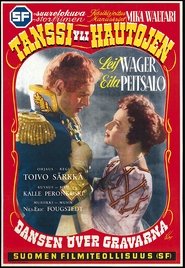 In the early 1800s Finnish governors...
In the early 1800s Finnish governors...Tanssi yli hautojen 1950
In the early 1800s, Finnish governor's daughter first detests but soon falls in love with Russian Czar Alexander I who has just taken Finland over from Sweden's rule.
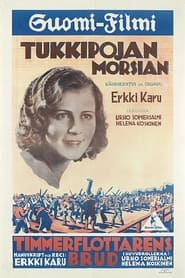 Eetu a wealthy homeowner attempts to...
Eetu a wealthy homeowner attempts to...Tukkipojan morsian 1931
Eetu, a wealthy homeowner, attempts to seduce Leena Kosken. But when austere log boy Erkki meets her at midsummer dances, Leena falls in love with him instead. Jealous, Eetu turns the men of the village against Erkki and the Tukki people.
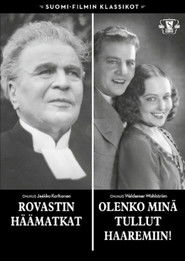 Jaakkola a priest with a bad...
Jaakkola a priest with a bad...Rovastin häämatkat 1931
Jaakkola, a priest with a bad memory, gets a prescription for a spa day from Dr. Viljo. Ruustinna plans to bring her daughter Elina and the local doctor together. Jaakkola finds the mail he forgot in his pocket, including an important wedding invitation. Rovasti and Ruustinna plan to stop at the wedding on the way to the spa, but things get complicated and there are enough misunderstandings in the knots of love.
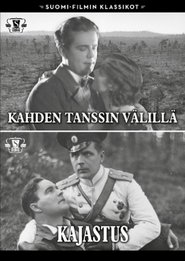 Forester Antti Kare and manager John...
Forester Antti Kare and manager John...Kahden tanssin välillä 1930
Forester Antti Kare and manager John Freyberg travel north in search of millions worth of timber sales. The manager's giddy daughter Margit also secretly joins the journey.
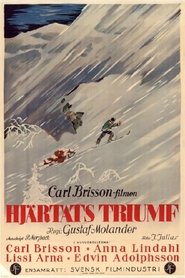 In a small mine town north...
In a small mine town north...Triumph of the Heart 1929
In a small mine town north of the circle, Torsten lives, working with his sister Eva and comrade Lars, who is engaged to Eva. The town's bat-owner has a daughter, Märta, who, after trying out the big city life, has returned to the village for a while, and begins to flirt openly with Torsten, but also with Lars. Märta hears of an old gold treasure that will be hidden somewhere in the mountains, trying to seduce both of them and seek both friends to find out the treasure. Neither Lars nor Torsten knows the plans or swarms of others, but Eva notices how Märta attracts Lars away from her.
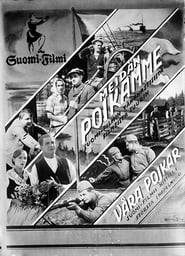 Silent military propaganda film by Erkki...
Silent military propaganda film by Erkki...Meidän poikamme 1929
Silent military propaganda film by Erkki Karu, later followed by the musical revue film Meidän poikamme merellä ("Our Boys at Sea", 1933) and Meidän poikamme ilmassa – me maassa ("Our Boys in the Air – and We on Land", 1934), both of them also directed by Karu. The film comes with a orchestral accompaniment arranged by Raine Ampuja in 2005, based on the original score by Lauri Näre and Emil Kauppi, which in turn was based on traditional Finnish military tunes.
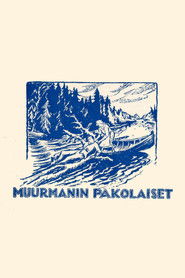 In northern Finland in the fall...
In northern Finland in the fall...Muurmanin pakolaiset 1927
In northern Finland in the fall of 1916, Saima Niva rescues a man drifting in the river, who turns out to be a German lieutenant Braun. Braun and his six comrades have managed to escape the prisoner of war at the Muurmann railway station, but the lieutenant has had to get rid of the lost group. While Braun is recovering, under the good care of Saima, Niva's neighbor and henchman of the gendarmes, the greedy policeman Simpura, gets a tip about the refugees camped in the desert.
 Niilo a son of a rich...
Niilo a son of a rich...Murtovarkaus 1926
Niilo, a son of a rich estate owner, is in love with a poor crofter's adopted daughter Heleena. However, on his father's orders, Niilo instead becomes engaged to Loviisa, a daughter of a wealthy landowner. When Niilo wants to call off the engagement, his proud and rejected bride begins to interfere with the lovers' relationship with the help of Penttula, who is said to be able to perform miracles.
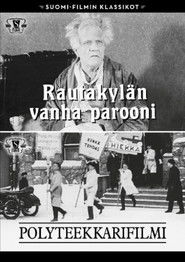 Polyteekkarifilmi Polytekarfilmen is a Finnish silent...
Polyteekkarifilmi Polytekarfilmen is a Finnish silent...Polyteekkarifilmi 1924
Polyteekkarifilmi (Polytekarfilmen) is a Finnish silent documentary film dating from 1924. The subtitle of the documentary is "The story of sport, polytheists and the gods of Olympia". The film aimed to raise travel funds for Finnish athletes traveling to the Paris Olympics.
 At the end of the middle...
At the end of the middle...Love's Crucible 1922
At the end of the middle ages, Ursula is accused of having poisoned her own husband. She claims she is innocent, but to prove it, she must submit to a ritual: trial by fire, walking on fire along a path leading directly to a crucifix. A film that has been much commended for the visual creativity shown by the director in successive blending in of images involving Ursula, her husband, the Virgin Mary, and Jesus Christ. Much applauded, also: the performance of Jenny Hasselqvist, thus described by French director René Clair: “We shall never forget her flaming eyes, the severity of her spirit, her abrupt and alarmed expressions, like an animal under threat.”

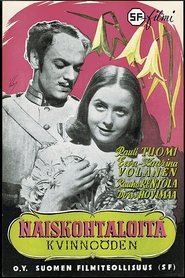 In mid19th century Finland Klaus...
In mid19th century Finland Klaus...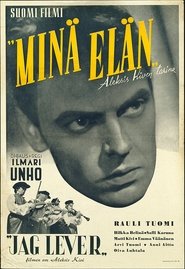 The life story of Aleksis Kivi...
The life story of Aleksis Kivi...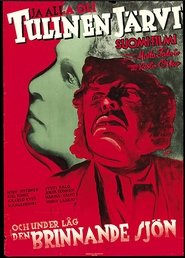 Set in Southern Finland between 1912 and 1936...
Set in Southern Finland between 1912 and 1936...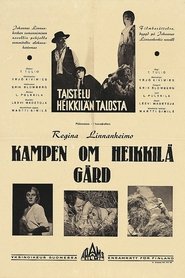
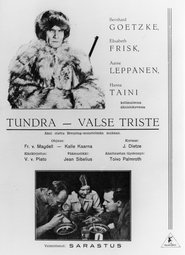 A Russian officer rescues the wanted...
A Russian officer rescues the wanted...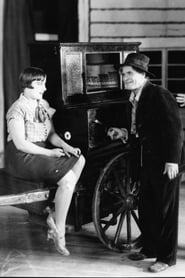 The film tells the story of...
The film tells the story of...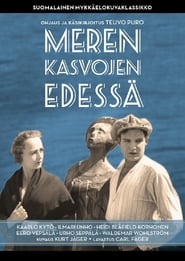 A man stays with a fisherman...
A man stays with a fisherman...